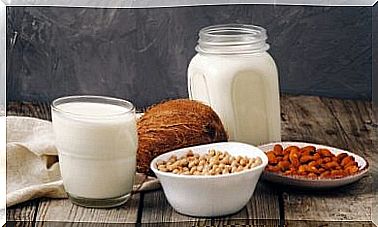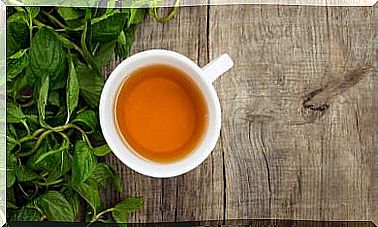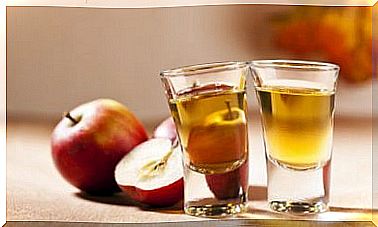5 Precautions And Contraindications For Spirulina Consumption
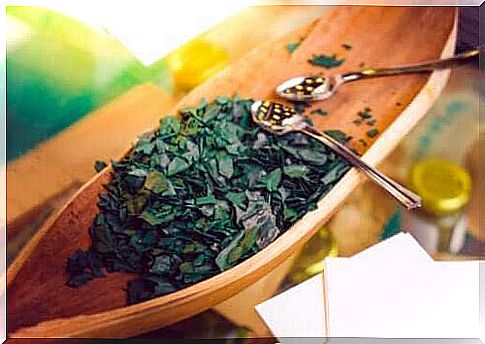
Lately, spirulina has gained ground in the food sector because its benefits for the body have been recognized. However, like any dietary component, its use has precautions and contraindications. After all, who should avoid the consumption of spirulina?
Spirulina is an alga that grows easily in desert areas and even more where the water is alkaline. Due to the amount of nutrients it provides, it is considered a superfood. On the other hand, this does not mean that its ingestion does not have to be done with precautions.
What nutrients can we obtain with the consumption of spirulina?
Although this food has been consumed since ancient times by civilizations such as the Aztecs and the Incas, its important properties for human health have recently been rediscovered. Consequently, today it is valued and marketed in powder, capsules, liquid form and tablets.
Its interior contains large amounts of proteins, essential fatty acids, antioxidants, minerals such as iron, copper and zinc and vitamins A, E and the B complex.
Spirulina benefits
Several studies highlight that, thanks to its components, it has effects in the prevention of some diseases and in strengthening the immune system. Its most recognized actions are as follows:
- It is antioxidant and antiviral.
- Retains heavy metals.
- Regulates blood glucose and cholesterol levels.
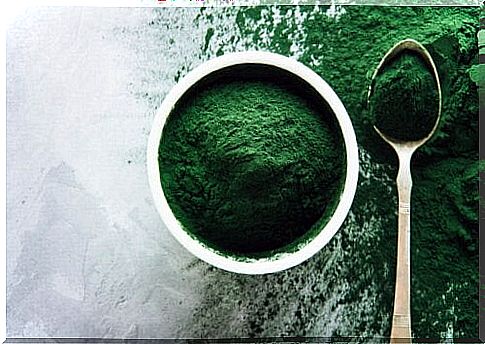
What are the precautions and contraindications for using spirulina?
Although this food supplement is safe for most people, in some specific cases its consumption should be avoided as it can have some adverse effects. Let’s take a closer look at 5 situations that deserve attention.
1. People with bleeding disorders
Spirulina has an anticoagulant effect, which means that it slows down the action of platelets that block wounds in blood vessels. In this way, the natural action that allows the bleeding to stop is affected.
In this sense, those who take medications with the same effect, for pathologies such as atrial fibrillation or stroke, should avoid spirulina. Patients with bleeding disorders may intensify the appearance of bruises and heavy bleeding.
2. Pregnant women and infants
There are no completely accurate data that expose the effects of this supplement during pregnancy. However, it is known that the algae may be contaminated with toxins or metals.
Heavy metal poisoning is a serious condition that affects many organs. The brain, kidneys and red blood cells are susceptible to the accumulation of these toxins, which in the medium term constitutes an increased risk of developing other pathologies.
The placenta and the communication unit between the fetus and the mother can also be poisoned with heavy metals. Therefore, in pregnancy, we can say that there is a contraindication for the use of spirulina.
3. People with autoimmune diseases
Despite its ingestion strengthening the immune system, in some situations, such as multiple sclerosis, lupus, rheumatoid arthritis and other similar pathologies, spirulina could reinforce this effect and, therefore, aggravate these conditions. Therefore, it is advisable not to consume it.
4. Allergy
According to some studies, spirulina may have an allergenic component; therefore, there is a possibility of causing adverse reactions. Although you must be exposed to it to detect the allergy, those who already have other food allergies should take even more precautions.
5. Patients with phenylketonuria
Phenylketonuria is a hereditary disease with a low occurrence rate in the general population. In these patients, there is an alteration in the metabolism of the amino acid called phenylalanine.
For them, the ingestion of products containing this substance, such as algae, is contraindicated. If they do, your body will be unable to reach the specific metabolism and symptoms will appear.
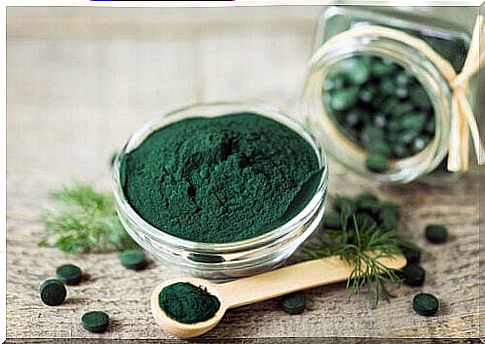
What should we remember about spirulina consumption?
To be clear, spirulina is a food used as a supplement, not a medicine. Its consumption in adequate doses is safe for most people, except for those mentioned in the previous section.
However, in some particular cases, side effects may occur, such as rash and itchy skin, thirst, constipation, stomach pain and dizziness. Although this component is an option for the supply of proteins, essential fatty acids and other nutrients, this does not mean that it cannot have adverse reactions.
Contrary to popular belief, the fact that a product is natural does not mean that it will always be safe . For this reason, if you suffer from any illness, are breastfeeding or are allergic to certain foods, it is recommended that you consult your doctor to understand if you can incorporate this algae into your diet.



